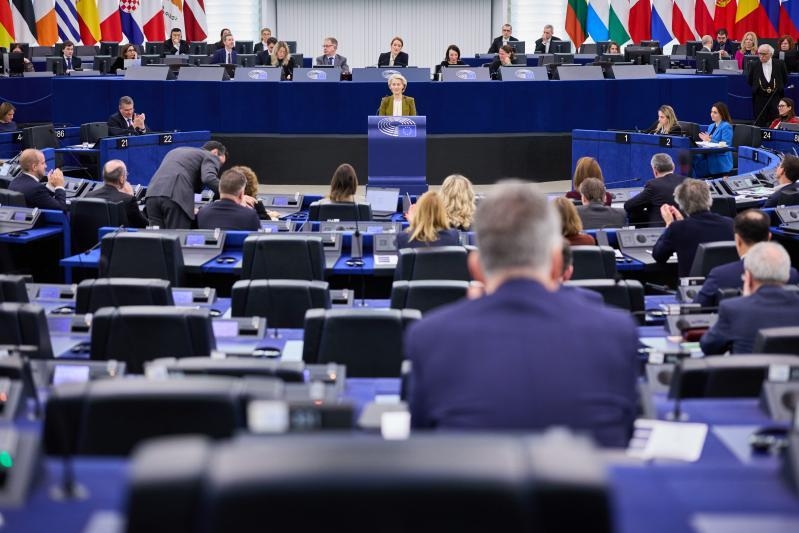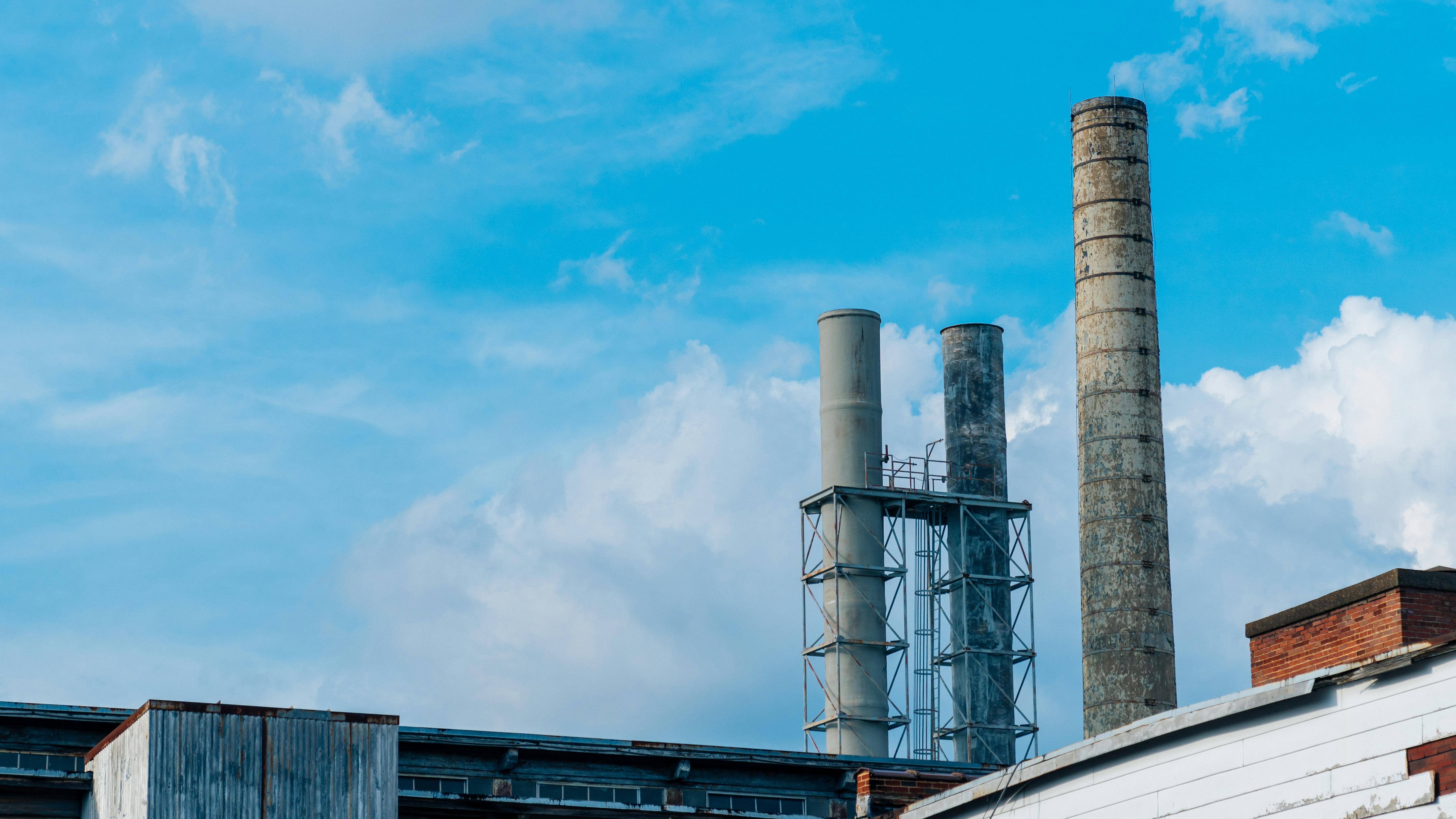
Joint letter – ICC reform and expansion risks diverting ETS Revenues from real climate action
In light of the European Commission’s ongoing considerations to amend the ETS State Aid Guidelines, revising the rules for Indirec...
News

Publish date: January 19, 2024
News
While listing crucial and welcomed legislative initiatives for the years to come, the leaked Industrial Carbon Management Strategy (ICMS) sends the wrong signals for shifting away from fossil-based energy systems, projecting over 100MT of CO2 captured from the power sector from both fossil and biogenic installations. CCS for fossil power generation is both expensive and inefficient, given the breadth of alternative sources of clean electricity, while CCS on bio-electricity is often a terrible use of biomass, as it is difficult to source biomass sustainably within planetary boundaries, and should be targeted only to applications with few or no alternatives. The Commission should clarify how the EU plans to achieve an energy system predominantly free of fossil fuels well before 2050, as agreed by the Council in October 2023, and ensure that public subsidies are not provided to fossil fuels.
Bellona strongly supports an ICMS which provides clarity on the targeted role of CCS to decarbonise European industrial emitters, as its title implies, and we are concerned by the leak not delivering on this point. The leaked communication shows an intent to capture large volumes of CO2 without transparency or clarity on the climate merits or the impact on our energy systems. Specifically, the massive expected contribution of CO2 utilisation – without clarity on how emissions are stopped from reaching the atmosphere – would require vast amounts of clean energy, which in most cases could and should be used more efficiently directly in other applications.
On the sourcing of atmospheric carbon, the target to annually capture 100-200Mt of CO2 with Direct Air Capture by 2050 could require 60-120TWh of electricity and 150-300TWh of thermal energy for the capture and compression of CO2 alone. For context, Austria’s electricity generation in 2022 was 64TWh. The strategy should clarify where the energy to power these processes will come from and how this will affect the decarbonisation of the energy systems, and other sectors dependent on it. It is also clear there will be a tension between atmospheric CO2 for the purpose of utilisation versus Carbon Dioxide Removal (CDR) yet, again, there is little clarity on this issue.
On CDR, the leaked document suggests that the EU plans to largely rely on natural sinks to counterbalance a massive 400 to 500 million tons of emissions by 2050 (more than 10% of the EU’s emissions today). Not only should those residual emissions be lower, but relying on nature to get us out of the climate crisis is not a viable long-term strategy, especially as natural sinks become more and more exposed to extreme weather events.
«While the leaked strategy lists some crucial legislative initiatives for the years to come, it not only sends the wrong message on the need to shift the power sector away from fossil fuels, it also severely lacks clarity on the climate and energy impacts of CO2 utilisation and the long-term role of CDR. We hope to see improvements on these points by the time it is published.»

Mark Preston Aragonès
Head of Carbon Accounting
We hope to see improvements on the above points by the time the strategy is published.
Further reading:
Industrial-Carbon-Management-Strategy_clean-2.pdf (table.media)
Council Decision, October 2023
Direct Air Capture, IEA
A review of direct air capture (DAC): scaling up commercial technologies and innovating for the future (iop.org)
Austria’s electricity generation 2022, EMBER
Carbon Capture and Storage Ladder: Assessing the Climate Value of CCS Applications in Europe, Bellona Europa
Who should use NETPs? Report by Bellona Europa
There and back again: Navigating the climate impacts of CO₂ use, Policy Brief by Bellona Europa


In light of the European Commission’s ongoing considerations to amend the ETS State Aid Guidelines, revising the rules for Indirec...

In this week of industrial discussions, first at the Antwerp Industry Summit on February 12th and then at the informal EU leaders’ mee...

Ahead of the European Commission’s Industrial Accelerator Act proposal on February 25th, Bellona has joined 40 organisations from across indust...

Policy Roundtable Takeaways On December 18th, 2025, Bellona organised a policy roundtable gathering the Swedish construction value chain, public p...

On 1 January 2026, Cyprus assumed the Presidency of the Council of the European Union, concluding the current trio at a pivotal moment for EU climate...
Get our latest news